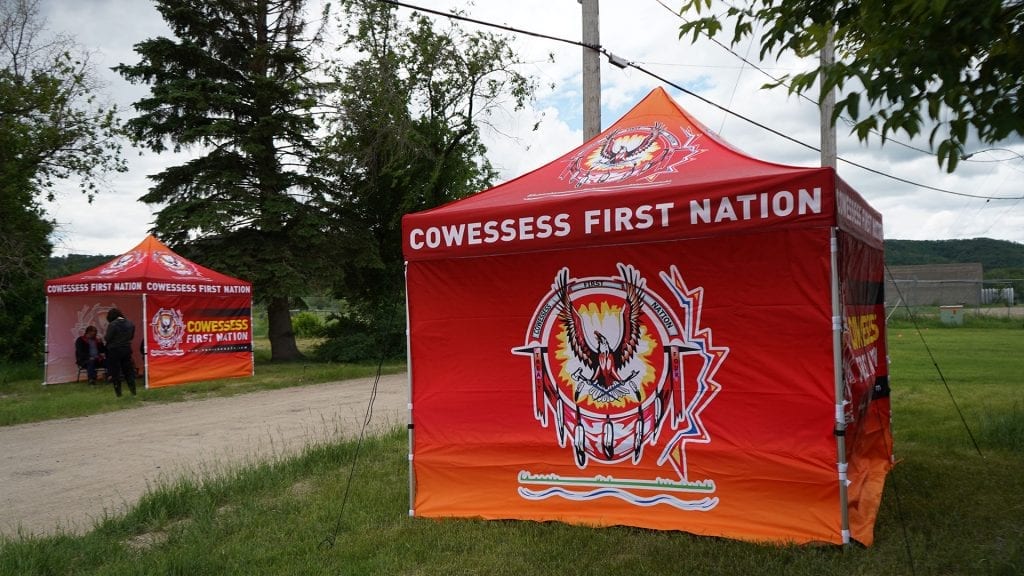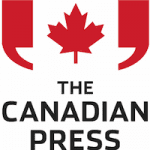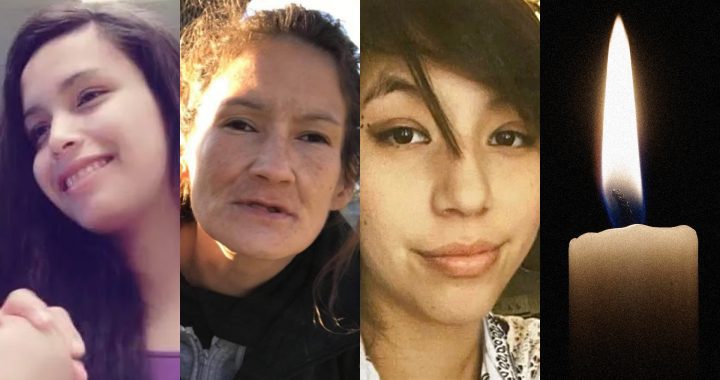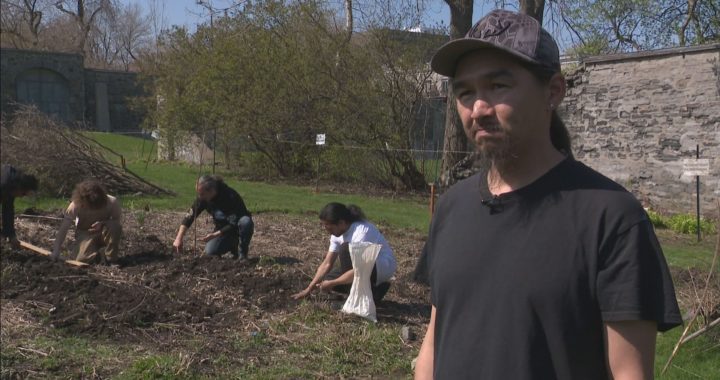
Cowessess First Nation is located 160 km east of Regina. Photo courtesy: Federation of Sovereign Indigenous Nations.
Cowessess First Nation in Saskatchewan is starting to put names to unmarked graves discovered at a former residential school site and the federal government says it will help fund the effort.
About $703,000 over three years is being provided to the community’s gravesite reclamation project.
The money is to go toward research, archival and statement gathering, additional fieldwork, commemorative markers, electronic mapping of all marked and unmarked graves, and a monument.
In June, Cowessess discovered what could be as many as 751 unmarked graves near the former Marieval Indian Residential School, which operated from 1899 to 1997, and was run by the Roman Catholic Church until 1968.
Chief Cadmus Delorme previously told The Canadian Press that 300 graves have been identified, and not all of those buried are believed to be children.
Delorme says the funding from Ottawa will help Cowessess reach its goal.
“The end goal is to identify a name for each unmarked grave, and will be a place to honour the ones who went before us and provide a place of healing for ones impacted by the unmarked graves,” Delorme said in a statement Wednesday.
Read More:
‘This is Cowessess First Nation’s moment of truth’ says Chief Cadmus Delorme
Cowessess First Nation holds solar light ceremony at former Marieval Indian Residential School site
Indigenous Services Minister Patty Hajdu says it’s important to identify and honour those in the unmarked graves.
“We cannot forget how the horrific legacy of colonialism through residential schools continues to this day, and that we must support communities in their efforts by implementing the Truth & Reconciliation Commission’s call to action,” she said in a statement.










